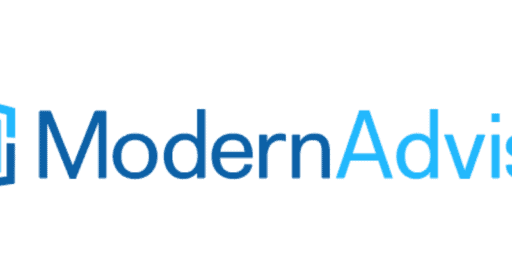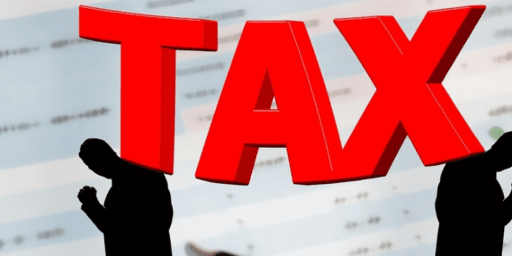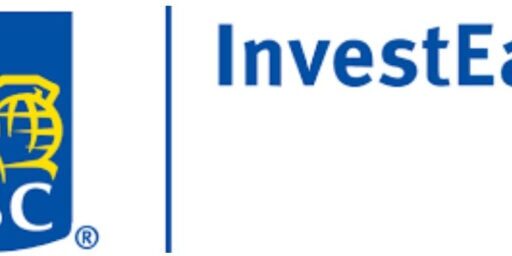A Net Worth Update from QCash (he retired at age 36)
Back by popular demand, the 36 year old millionaire retiree, QCash, is back with an update. In the original interview with QCash in 2007, he explained about how he became financially free by accumulating a $1.5M net worth by the age of 36. It’s been about 8 years since that interview, which has resulted in a lot of growth in his portfolio. See below for the numbers.
You can read QCash’s other articles on MDJ here.
First, thanks to FT for allowing me to provide you all with an update. When he asked me to do an update, I looked at my last post and realized that six years had flown by in a blink.
Second, I thought it would be prudent to give you an update on my portfolio and do a second post in a couple of weeks to let you know what I have been up to.
Third, my thinking on a few things has evolved over the past few years given that my kids are older, my wife’s tolerance for risk is growing and I remain committed to receiving an investment income that addresses all our needs with the hope of putting as much as possible on “auto-pilot”.
Those of you who have followed early on remember that I am not averse to using my margin account to buy stocks or mutual funds when opportunities present themselves but over the last few years, I have been more inclined to try to reduce the margin account.
Net Worth Statement
So, as of March 31st, here is an outline of my assets (using round numbers).
Assets:
- Cash on hand: $98,000
- Non-registered: 1,460,000
- RRSP/RIFS: $430,000
- TFSAs: $88,000
- RESP: $152,000
- Trust accounts: $90,000
- Principal residence: $450,000
Liabilities:
- Margin account: 318,000
Net Worth: $2,450,000
Common Questions:
1) Why so much cash?
My wife and I have been planning a major kitchen renovation for the past couple of years. I keep holding on to cash with the idea that the original budget was for $50,000. I am also aware that my wife’s van (a 2004 Dodge Caravan) is on it’s last legs. I would like her next car to be four wheel drive to deal with our winters. The kitchen renovation is probably going to happen this summer or next, once we can decide what we want (or more specifically, what she want s :-)
2) You used to list your property at the purchase price, did you buy a new place?
No, this is the house we are going to “be carried feet first out of”, according to my wife, but I have recognized that listing a house we purchased for $250K 15 years ago is not prudent. Instead, I have been accruing our renovations to the property as increasing the assets. The house is still worth more according to the bank (we had it assessed at $684K about 4 years ago).
Instead, I have torn down my garage and replaced it with a stand alone building ($125K), we did some major repairs to the septic and cistern systems ($25K) and completely gutted and replaced a bathroom ($25K) as well as some incidental work around. My feeling is that any project that costs us more than $5000 and is “capital” in nature should be accrued to the value of the house.
3) RRIFs???
Yes, RRIFs. A few years ago, it occurred to us that my wife was not earning any more RRSP room but her account was growing in leaps and bounds. Since this income will be significant when we are older, we have decided to start reducing the amount of the RRSP by converting it to a RRIF. The income is attributable to her, but we also structured the non-registered account so that the margin interest is attributable to her. Thus, the interest we pay is covered by the RRIF payment and the net effect on her net income is nil.
In the next update, I will try to let you know what I have been doing with my “retirement”.
I know there may be more questions, and I will address any in the comments.
I've Completed My Million Dollar Journey. Let Me Guide You Through Yours!
Sign up below to get a copy of our free eBook: Can I Retire Yet?











Please tax effect the accounts. What’s the amount of the deferred tax liability? At present interest rates, discounting it will have little impact.
Well done Q! At 37, my wife and I are sitting on 1.7M net worth including a paid off house so our current situation resembles yours a few years ago. I would love to hear more about your investments.
@C – Thanks
@Lance – Essentially yes. I am leaving as much in the registered accounts to accrue as possible. The non-registered dividends go to topping up TFSAs (another $9000 going in thanks to the latest budget) and servicing the margin debt.
Impressed.
I assume the tfsas are maxed out? Are you segregating the dividends from the non registered accounts and sending them to the tfsas and or the debt servicing/repayment obligations on the loan
Inspiring story, congratulation! Great rate of return on your investments after retirement.
Appreciate the transparency.
@Dan
FT hasn’t given me the go ahead, but I am willing g to share my portfolio holdings. I still try to follow my original plan of income type matched with investment vehicle to maximize tax advantage.
I have a slight modification now that I am drawing down my wife’s RRSP as a RIF, but we do max out our TFSAs.
@Sampson
Without question, ROC products lag. I spent a lot of my initial investing years chasing yield, trying to make sure I got the best return and beating myself up when one of my investments under performed. One thing I decided to do as I transitioned over was to not put as much emphasis on gross returns, but to make sure distributions were able to pay mylifestyle expenses. Trying to match investment vehicles with my needs. The idea of buying the funds with a ROC was to make sure cash flow was covered. I purchased a bunch on margin, as I planned to sell off other investments as prices were improving. However, I found that regular dividend income from my existing stocks plus distributions from my income funds more than covers interest on the margin account and allows me make regular payments to the margin account and cover my living expenses. I make sure that my margin balance is reduced each year by at least the amount reported as ROC on my T3s and T5s to make sure I don’t run afoul of CRA, but it has worked well. Caveat: this has worked since my interest rate on my margin account has remain low. If interest rates had spiked (which I fully expected the way the Fed was printing money in the U.S.) I would have had to pull out quicker as the interest charges could have been nasty. Fortunately, with interest rates low (and lower, I pay 2.85% on my margin account currently), I have been able to enjoy both the growth both the stocks I own and the capital of the income fund has remained relatively constant despite paying out the ROC.
QCash, thanks for the update. Very informative. Would you mind giving more details on your current portfolio holdings? Specifically the non-registered account. From the old articles it looks like you held a variety of different investments in 2008, is everything still the same? I’m curious to know what your strategy is for your TFSA/RRSP/non-registered accounts. Thx
Great to see an update… I guess FT was dropping hints here and there by promoting the old articles….
Great story. Amazing to see how everyone has changed in that period, both on the balance sheet and with priorities. I would say our story/numbers are similar, but much more monies in real estate, and more monies in our pensions.
I have discussed different possibilities with my wife to begin ‘unwinding’ the professional careers for something we would much rather enjoy so I am very eager to hear about what you have been doing with your time. Also, your post has convinced that I should max the RESPs early also… since we will continue to work for at least a little while the dependence on a non-registered account over $1M isn’t a huge priority for us.
Interesting that you have already begun with investments with ROC distributions. I always thought that when the time comes, to reduce cap gain liabilities by buying the same holdings on margin to increase the average cost of the investment, then selling the whole lot. Does this mean you have been investing in ROC paying investments all along? Don’t these have some performance lag when compared to holding underlying investments directly?
@SST
My parents were a huge influence but not in the way you might think.
My dad was not good at financial planning and, after my parents split up, I watched my mother work hard and save to make a better life for my sister and I. It also meant that my first job was at a young age, picking fruit and then at McDonalds.
I had a good work effort instilled in me, but I also knew I wanted to be financially independent as soon as possible.